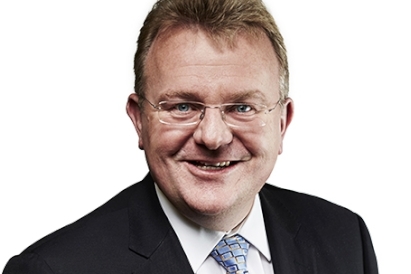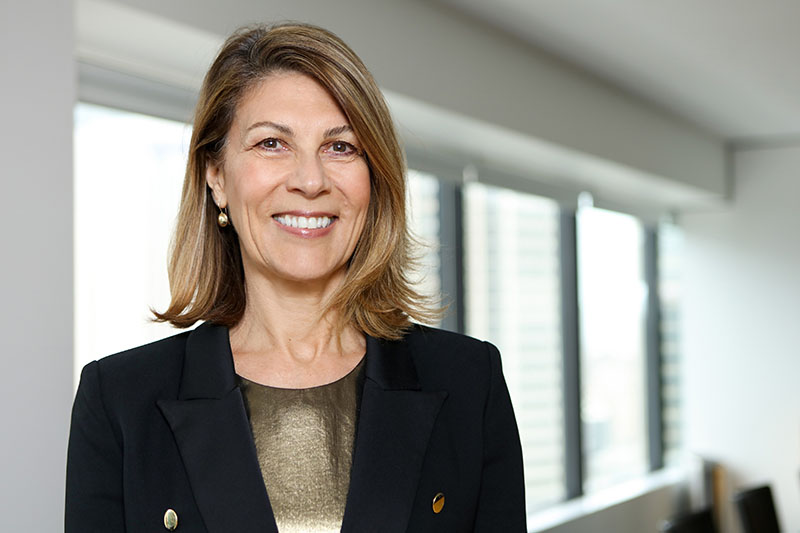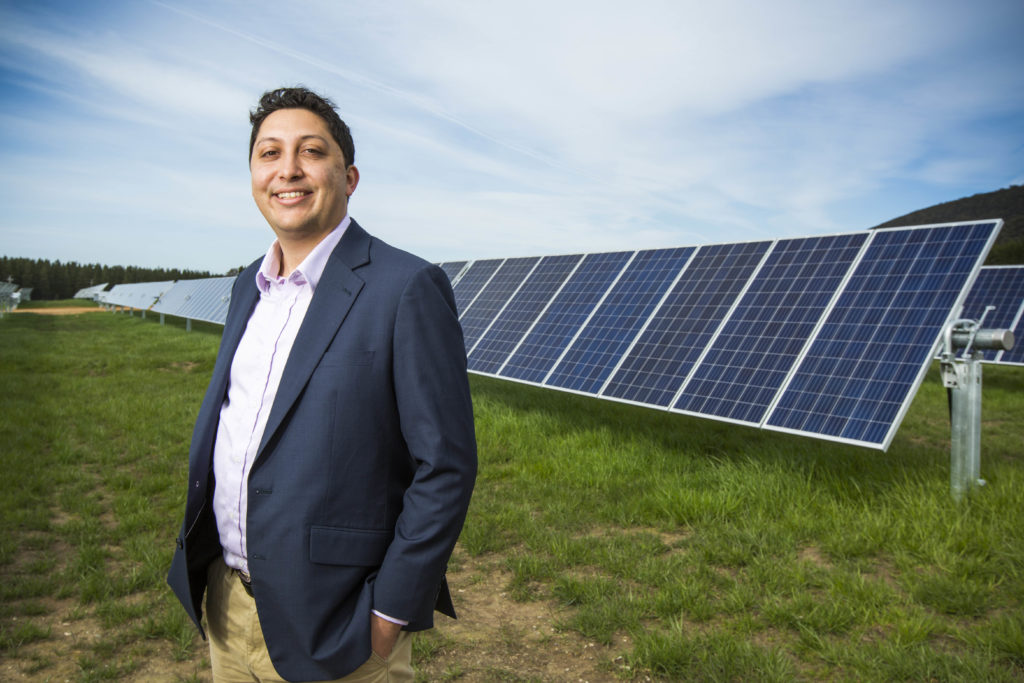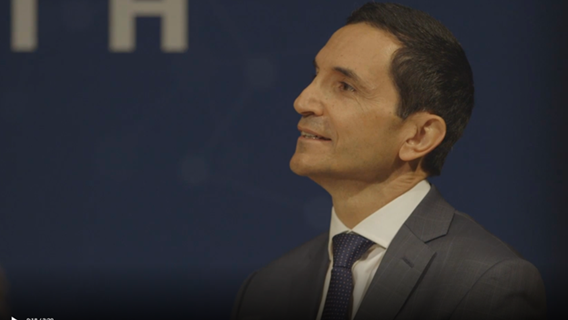Two out of three investors believe cryptocurrency will grow against the dollar
AUSTRALIAN financial pundits overwhelmingly believe that crypto currencies -- not particularly Bitcoin -- will continue to rise against the dollar and will also become a valuable asset in a diversified portfolio.
Research by international cryptocurrency platform Gemini has also found about 32 percent of investors said they would invest more when cryptocurrencies are regulated. About 34 percent said they would also invest when they have more information about such currencies.
However, Bitcoin's erratic moves confuse the issue. The meteoric rise and subsequent volatility of Bitcoin has many Aussies considering whether digital assets have a place in an investment portfolio, often comparing cryptocurrencies against more traditional asset classes, such as property.
Now, as concerns grow over inflation and an economic slump – motivating many investors to look for new ways to protect their assets – the latest survey reveals that 63 percent of Australian cryptocurrency enthusiasts view crypto as a valuable asset in a diversified portfolio, and 59 percent believe its value will outpace the dollar. 
The findings are derived from a survey of an independent panel of 1,010 Australians who have, or currently do, invest in crypto, commissioned by global crypto platform Gemini. Respondents comprised 55 percent of people who invest in crypto and 45 percent who have invested in crypto before.
The survey revealed that millennials, in particular, value cryptocurrency as an investment option: 72 percent of 25–34-year-olds believe it is a valuable asset in a diversified portfolio, compared with 57 percent of over-55s.
More than half (59%) of respondents believe crypto, like gold, will continue to grow against fiat currencies over the long term, while a further 8 percent believe crypto is a better investment than gold.
Gemini Asia-Pacific managing director, Jeremy Ng said, “Both cryptocurrency and gold are often seen as ways to hedge against inflation. Gold has historically been considered a safe-haven asset. However, Bitcoin and several other cryptocurrencies have experienced meteoric growth and offer unique, innovative features that make them stand out.
“Some cryptocurrencies have the potential to benefit investors by creating tools and resources that support the growth and exchange of value outside of traditional financial institutions, without the need for an intermediary. The blockchain technology that underlies crypto can be applied to a large range of industries, beyond simply money and finance," he said.
The total global cryptocurrency market cap in September 2020 was at around A$529 billion. As of September 2021, it was A$2.9 trillion -- according to the report Total Cryptocurrency Market Cap, 2021 (coinmarketcap.com/charts/) -- almost one trillion dollars more than Australia’s GDP as outline in an Austyrade report.
Given this exponential growth, Gemini has found through the survey that Aussies are torn when deciding whether it is too late to invest in Bitcoin at its current price (A$46,000 at the time of the survey), with 51 percent of respondents believing it was too late.
However, Mr Ng said crypto was still only in the early stages of development.
“We are beginning to see the gradual adoption of cryptocurrency into the mainstream," he said. "As technology continues to develop, so will money and the systems that underpin it. While fiat currency remains the dominant form of money, cryptocurrencies and the blockchain technology that supports them may very well represent the next step in the evolution.”
Criticism levelled against fiat currency is that its perceivable worth is directly influenced by decisions made by central authorities, namely governments and central banks, making it susceptible to inflation. Most cryptocurrencies, on the other hand, are decentralised, meaning no single authority can dilute their value by simply issuing more. He said Bitcoin, in particular, was an appreciating asset due to its strictly limited supply, leading many people to hold rather than use it as a currency. Bitcoin is even being referred to as digital gold or Gold 2.0.
Respondents were also asked what factors would influence them to invest in cryptocurrency. Gemini found that Aussies were looking for increased education on the topic, with 34 percent of respondents who don’t invest in crypto saying they would invest once they had more information and could understand cryptocurrencies as an investment. One third (32 percent) of those who don’t invest in crypto said they would when it is regulated.
Despite the exciting growth and developments within the crypto space, Mr Ng caveats that investors shouldn’t look at their crypto investments as get-rich-quick opportunities.
“The cryptocurrency space is still in its early stages and is therefore subject to much more volatility than the traditional asset classes like the stock market," Mr Ng said. As a result, it is possible for individuals to see short-term losses.
"I personally recommend doing thorough research to understand the fundamentals and use-cases of crypto assets prior to investing, take a long-term investment view and never invest more than you can afford to lose.”
The Gemini digital currency platform was launched by the Winklevoss twins, Cameron and Tyler, who are also billion dollar investors in Bitcoin. Its value has trebled since their investment. The Winklevoss twins are probably best known for winning a major settlement with Facebook founder Mark Zuckerberg over the technological origins of the social network.
https://www.gemini.com/apac/australia
References:
Respondents comprised 55% of people who invest in crypto and 45% who have invested in crypto.
Total Cryptocurrency Market Cap, 2021. coinmarketcap.com/charts/
AusTrade, 2021 austrade.gov.au/benchmark-report/resilient-economy
ends









